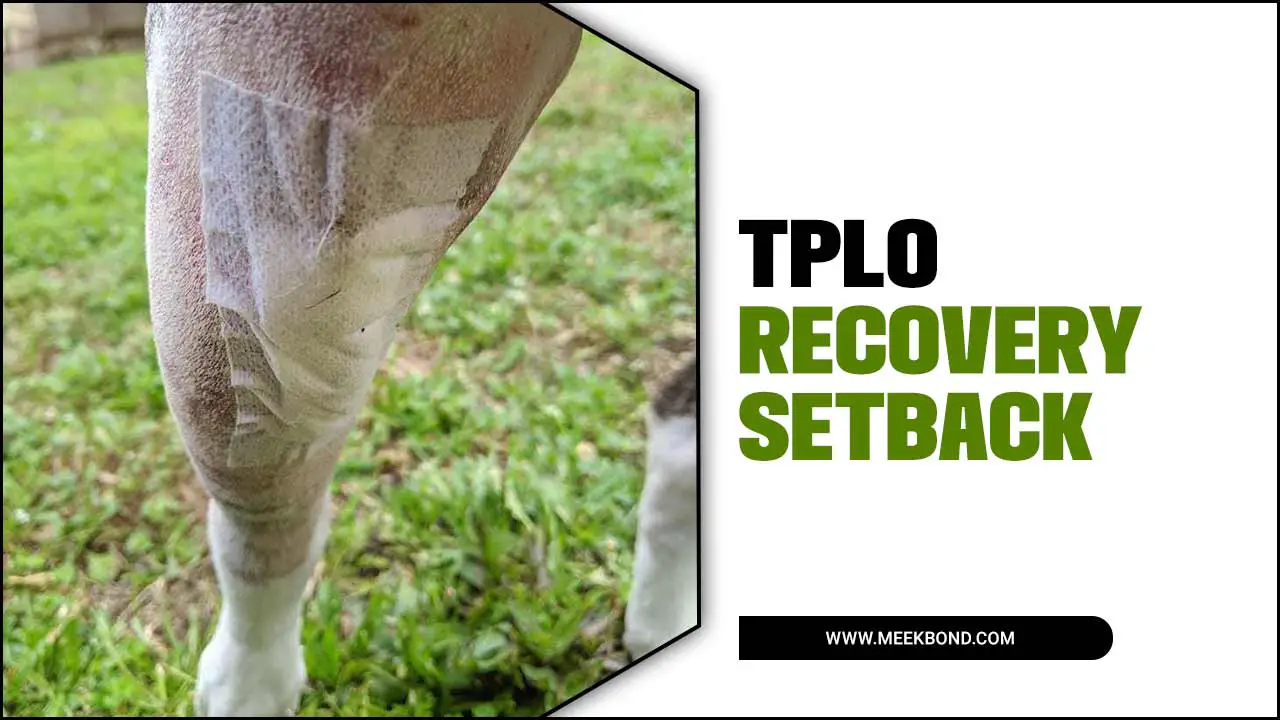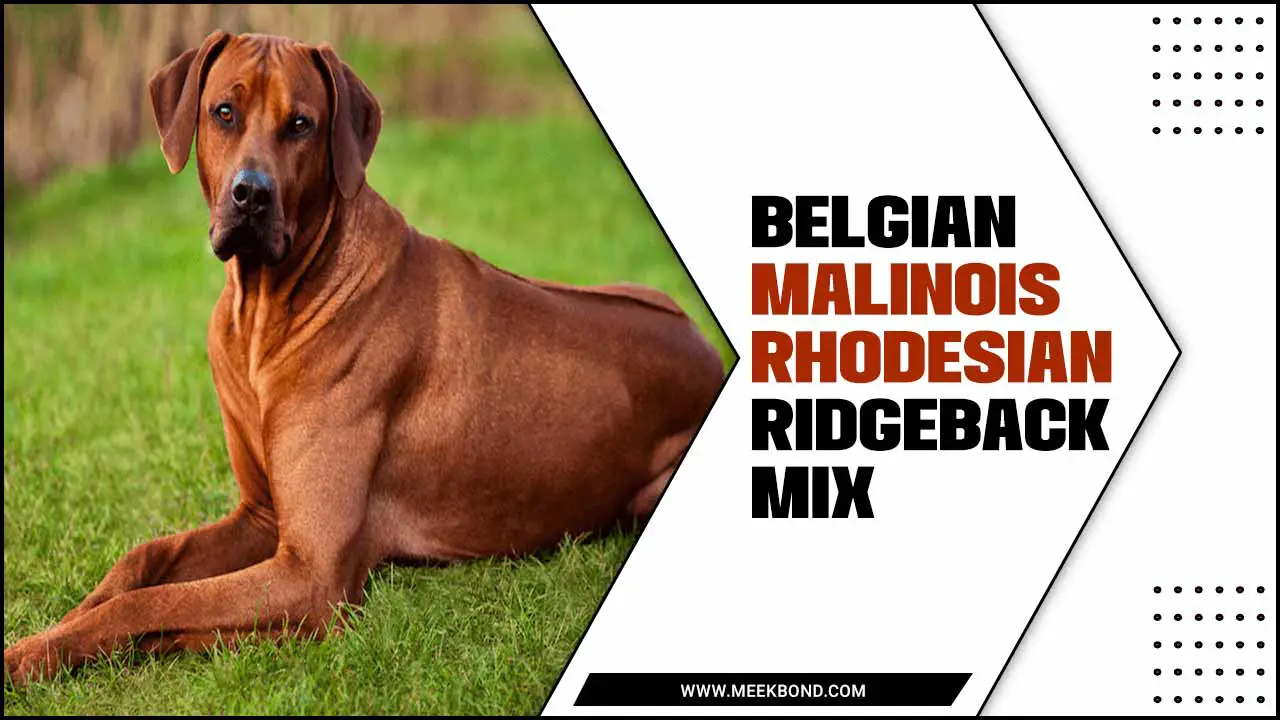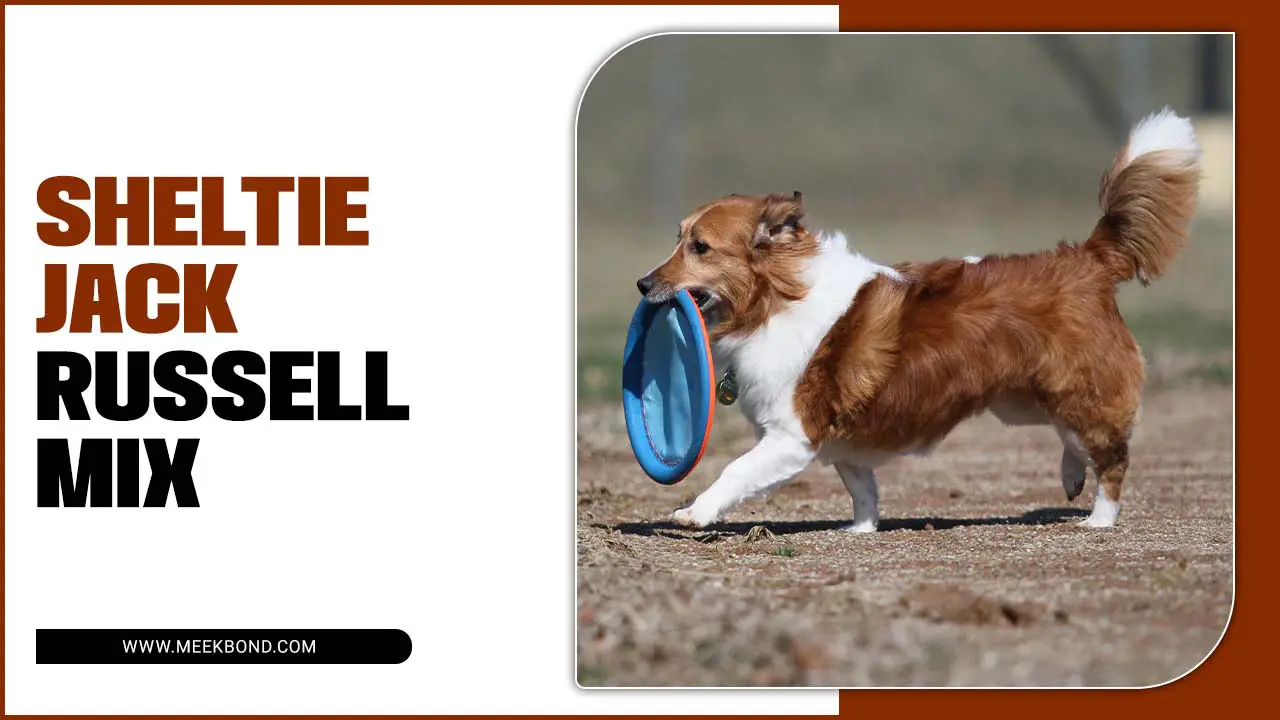Keeping your pet at a healthy weight is crucial to its well-being. Obesity in dogs can lead to several health conditions, including heart disease and diabetes. To keep your dog at a healthy weight, you must pay attention to the number of calories and protein it consumes.
The ideal weight for your dog depends on breed, breed standard, age, environment, feeding habits, and activity level. Whether you’re looking to help your pet gain weight or maintain a healthy weight, having a well-balanced diet should be one of your top priorities.
We’ll discuss how to keep your dog at a healthy weight and help you devise a plan to achieve it. We’ll provide tips on how to feed your dog the right food, exercise them properly, and monitor their weight so that you can keep them healthy and happy.

What Is The Ideal Weight For A Dog?

When it comes to determining the ideal weight for a dog, the American Kennel Club (AKC) provides a range of weights for each of its dog breeds. In the case of Labrador retrievers, the recommended weight range is from 65 to 80 pounds.
Similarly, huskies and German Shepherds are also suggested to be between 25 and 55 pounds. These are just some dog breeds that provide a suggested weight range in their tables. If your dog is underweight, there are visible signs such as ribs, hips, shoulders, or tail bones, lower energy levels, poor eating habits, and dull, dry, or shedding coat.
On the other hand, overweight dogs can suffer from obesity-related health issues such as diabetes and heart disease. So it’s important to maintain your dog’s ideal weight as per the table of suggested weights provided by AKC.
7 Easy Ways To Keep Your Dog At A Healthy Weight

Making sure your dog stays at a healthy weight is important for both his physical and emotional well-being. Obesity can lead to many health issues for dogs, including diabetes, heart disease, liver disease, and joint problems.
Additionally, a heavy dog may have difficulty maintaining his energy level due to the extra weight. Keeping your dog’s weight in check can help maintain his energy levels, preventing him from becoming lethargic or listless. Here are 7 easy tips that you can follow to keep your dog’s weight in check:
1. Talk To Your Veterinarian

It’s essential to have a productive discussion with your veterinarian about your dog’s weight. They can assess your dog’s health and determine the best weight loss diet for its lifestyle and breed. Additionally, they can advise how to keep your dog at a healthy weight.
Regularly weighing your dog and monitoring their weight can help identify any issues early on and make changes to ensure it stays healthy and at an ideal weight. It is also important to periodically evaluate your dog’s weight to ensure they are thriving and remain within its ideal range.
2. Keep A Health Journal

Keeping a health journal is one of the best ways to stay on top of your dog’s health and well-being. It can help you track when your dog gets vaccinated, treats for various conditions. And any other medications or treatments they receive. You can also track daily activities like walking, playing, and sleeping to ensure your dog gets enough exercise and rest.
By tracking these details, you can better understand your dog’s health needs. And take preventative steps to ensure your furry friend’s long and happy life. It can also be helpful for veterinarians to see if there are any abnormalities. Or changes in your dog’s condition that may require further monitoring or treatment. So keep a health journal and watch your dog’s health soar.
3. Weigh Your Dog Regularly
Weighing your dog regularly is an important part of keeping them healthy. It helps you identify any sudden weight gain or loss and can help you address the problem if it’s identified. You should weigh your dog at least once monthly to track its progress and see if it is gaining or losing weight.
If your dog’s weight is increasing rapidly, consult a veterinarian for further advice. Treats should comprise at most 10% of your dog’s daily intake. Instead, feeding your dog a healthy diet of their chosen food is the best way to ensure they get the nutrients they fit and stay healthy.
4. Choose A High-Quality Dog Food

Choosing high-quality food for your dog is essential to ensure optimal health. To help keep your dog at a healthy weight, it’s important to monitor their feeding and treats. Treats should comprise at most 10 per cent of your dog’s daily intake.
Instead, use feeding-based treats for training or behaviour modification, such as dog treats or biscuits. For weight management, ensure you feed your dog a healthy, balanced diet that includes high-quality food from different sources. Such as meat, grains, and vegetables.
It’s also important to consult with a vet about the best course of action for maintaining your dog’s weight and for the best food for your breed. Finally, look for food with high protein and moderate fat content to help your dog feel fuller without becoming overweight.
5. Feed Them Small Meals Often

Feeding your dog small meals throughout the day is recommended, as opposed to feeding it a single large meal. This will help control its calorie intake and ensure it gets the right food to maintain a healthy weight. Factors such as the dog’s weight, nutritional needs, energy requirements, and lifestyle must be considered when determining what calories to give a dog.
It is important to avoid feeding your dog extra food or leaving food out, as this may lead to overeating. Instead, try feeding your dog small portions regularly throughout the day. When transitioning from active weight loss, increase the amount of food you give your dog by 5-10% and monitor its weight monthly. This will help ensure that it stays healthy and gains weight slowly.
6. Incorporate Exercise

Pet owners must ensure their pet stays healthy and is weighed in check. Exercise is one of the best ways to do this. It helps maintain a dog’s weight at a healthy level, as a lack of exercise can lead to obesity. Therefore, giving your dog plenty of exercises daily, whether walking or playing outdoors, is important. You also have to watch what you are feeding your dog.
Many food bags have guidelines based on the dog’s size; treatment should only make up about 10% of its daily intake. Instead, healthy snacks like pieces of apple or baby carrots can use as an alternative.
A weight loss program established with a veterinarian can help dog owners gradually reduce calories from their food over some time. This will help keep weight under control and avoid any health complications related to obesity.
7. Use Weight Gain Snacks

Healthy snacks are essential to keep your dog healthy and at a healthy weight. You can control your dog’s daily caloric intake by feeding them snacks low in carbs and fat and high in protein. Some good options include dry dog food, healthy human food, or dog treats.
Another way to ensure that your dog gets the right amount of calories is by monitoring the number of treats they receive. Instead of giving your dog only one or two small pieces of food at a time, try several large pieces. This will help ensure they get the right amount of calories and nutrients.
Best Dog Foods To Help Dogs Gain Weight

If you’re concerned about your dog’s weight, several factors should be considered when choosing the best food for weight gain. First and foremost, you should always choose high-quality dog food formulated to meet your dog’s specific nutritional needs.
It’s also important to ensure that the ingredients used in the food are free from unnecessary additives and fillers, as these can contribute to excess weight in dogs. Finally, it’s crucial to monitor your dog’s diet and adjust it as needed so that they gain weight healthily and steadily. By doing so, you can help ensure that your dog remains at a healthy weight. If you take these steps, your dog will have no problem gaining weight healthfully and steadily.
Conclusion
A dog’s ideal weight varies by breed, size, and age. If your pet is overweight, talk to your veterinarian for help. If needed, follow a health-conscious diet, exercise routine, and weight loss supplements. Please pay attention to your pet’s food and ensure it is high in protein and low in carbohydrates. Besides feeding your pet high-quality food, regular exercise can help maintain a healthy weight.
Remember, feeding a dog too much or feeding them too many treats is just as harmful as feeding them too few. Keeping your dog at a healthy weight is important not only for their health but also for the health of the community as a whole. By following these simple tips, you can help your dog stay healthy and conform to weight guidelines set by the government. Not only will you ensure that your pet is in good health, but you will also contribute to a healthier society.
Frequently Asked Questions
How Do I Keep My Dog Healthy Weight?
To keep your dog healthy weight, you’ll need to monitor their calorie intake and make sure that treats only make up 10% of their daily intake. You can do this by feeding them food in small portions or making healthy snacks such as pieces of apple, baby carrots, or cucumber available as treats. Furthermore, you must adjust your exercise and diet according to breed, age, and lifestyle.
How Do You Tell If Your Dog Is A Healthy Weight?
To tell if your dog is at a healthy weight, start by visually observing them for any changes in body shape or size. Professional animal nutritionists recommend feeding your pet a properly regulated diet to maintain a healthy body weight.
This diet should have a balanced mix of proteins, carbs, and fats. In addition, monitor the intensity of your pet’s exercise and how often they can do so.
What Is The Fastest Way For A Dog To Lose Weight?
The fastest way for a dog to lose weight depends on several factors, including the age of the animal and its breed. A dog’s age can impact how quickly it loses weight, as older animals tend to lose weight slower. Some breeds naturally tend to be heavier than others, impacting how quickly a dog loses weight.
How To Maintain A Healthy Weight For Your Dog?
Maintaining a healthy weight for your dog is essential to ensure good overall health. It helps them avoid excess weight gain and obesity, which can lead to serious health problems, including diabetes and heart disease.
To maintain a healthy weight for your dog, consider feeding them a diet rich in protein and fibre, such as fresh meat or dried treats. You should also limit the number of calories they consume daily by switching to low-calorie dog food.
What Is The Best Way To Keep Your Dog At A Healthy Weight?
The best way to keep your dog at a healthy weight is by paying attention to what type of food your dog is eating and monitoring the number of calories in that food. Also, pay attention to how much exercise your dog is getting. If your dog’s weight is too high or too low, you can adjust its diet and exercise accordingly.

Aquarium passion is all about connecting with the aquatic life and providing education to the public on the importance of these creatures. We showcase a wide variety of marine life through our exhibits as well as working with schools to provide unique learning opportunities for students of all ages.









